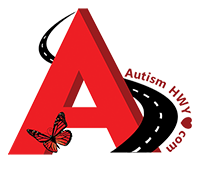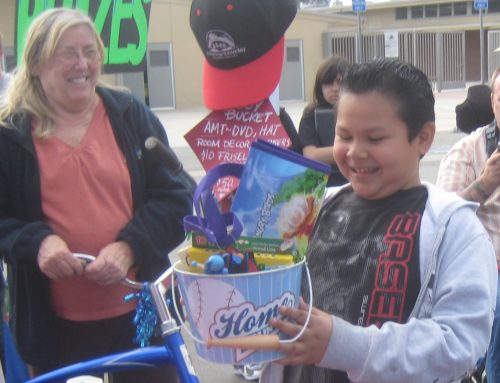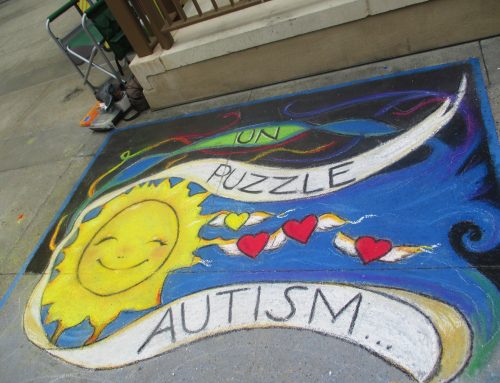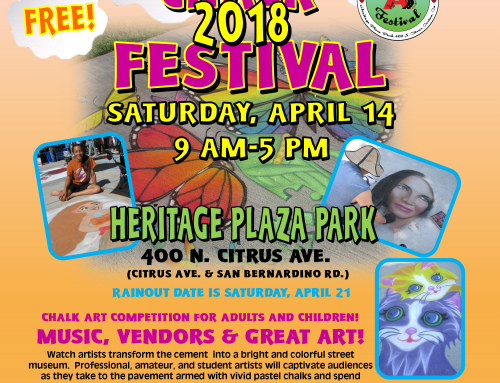When a child is born a first time parent wonders so many things. How will I be as a parent? What will I do? How will I ever teach another human being to talk?
I remember distinctly asking my mother, “How do you teach a baby to talk?” That seemed like such a daunting task. An incredibly scary responsibility to teach someone language and the many facets of meaning. She stunned me with her non-response to my very important query. “Well, you don’t really, it just happens.” It just happens? How could that be? Something seemingly so essential, so important, just happens? I could not wrap my mind around that fact. Sure enough when my first son Aaron came into the world in 1989 he began walking and talking in 9 months. As if he was off to the races! I basically just stood back and watched. He was very much the “typical toddler” many of his first words were what you see so often; no, mine, I want and me. Very interesting.
So much self autonomy coming naturally. I wondered; self autonomy or self obsession?
Ten years later when my son Wyatt was born, I expected a similar trajectory. He was a bit slower than his ultra quick brother and began walking and talking at 12 months. His first words were not of the self obsessed variety. He was not toddling around saying no and mine all of the time. I found that refreshing. The hundred or so words he had gathered were things outside of himself like; flag, book, star and fries. Then locater words like; here and over there. He loved numbers and counting out loud and his favorite action phrase became “take a ride.”
When his language dropped away by the time he was 3.5 years old he had still never uttered the words, no or mine. His communication style was always very sweet and laid back, thoughtful and giving. With or without words he seemed so kind and fair. He was not the stereotypical toddler battling aggressively over toys and his or her place in the world. He seemed to know that he belonged regardless, not worrying about what anyone else perceived.
If you strip it down, energy is always the first thing you see when you really look at people. DNA, family dynamics and a person’s innate natural energy combine to shape a person’s spirit and ultimately their soul. When Autism is added to that mix, many people become unnecessarily confused. Confusing Autism with personality or perhaps one or several co-morbid conditions set completely apart from Autism. Too often Autism is attributed to every trait and condition a person has and this is not at all how Autism works. When you spend time getting to know an Autistic person you find many different sensitivities and physical supports that enable that person’s comfort. Communication won’t be possible without first understanding this primary dynamic. Once you demonstrate that you understand these sensitivity needs respectfully, you will be able to create safe space for a person to feel comfortable. Comfort must always be put into place before anyone can communicate with you to their best ability.
Something so basic yet, skipped over by the masses! If we grow up speaking and forming communication without anyone explaining just how any of us are able to do that…it is no wonder we have problems communicating respectfully with others. Autism has caused many people to break down the dynamics of communication, those of us doing that have had our eyes opened widely.
I have found that Autistic people who are always described as having communication problems are some of the most respectful communicators out there.
Due to their unique sensitivities Autistic people understand the utmost importance of mental and physiological triggers and boundaries. The same triggers exploded and the same boundaries routinely crossed by non Autistic people in conversations daily. How often have you seen people communicating in offensive, rude and cruel fashions? I can say that I see it more often than not. People that consider themselves “normal” are some of the rudest conversational agenda pushers around. Being mindful of another person’s ability to absorb information is where we need to focus. If you demand to inform someone of something they just can’t bare to hear, you are an offender. When people tell you that they need you to stop and you just can’t, you are an offender. There are so many instances of “normal communication” that is anything but normal. Each and every one of us can site countless instances where we witness this. Perhaps you yourself are guilty at times, I know I have been.
Pushing someone’s buttons is a horrible phrase describing a horrible tactic, that is somehow widely accepted. Why would purposely triggering someone be common? If we know that someone cannot tolerate “a button being pushed” we push it anyway no matter what harm it causes and celebrate it with the obnoxious analogy? What is normal about that type of willful communicative manipulation and why would people practicing that be considered supreme communicators? Let’s all examine what our communication looks like and more importantly how it feels to others. What purposes are we ‘serving’ with these aggressive styles of communication? Honestly and ironically, we can all take direct lessons from the very population of people perceived to “suffer” from communication problems.








